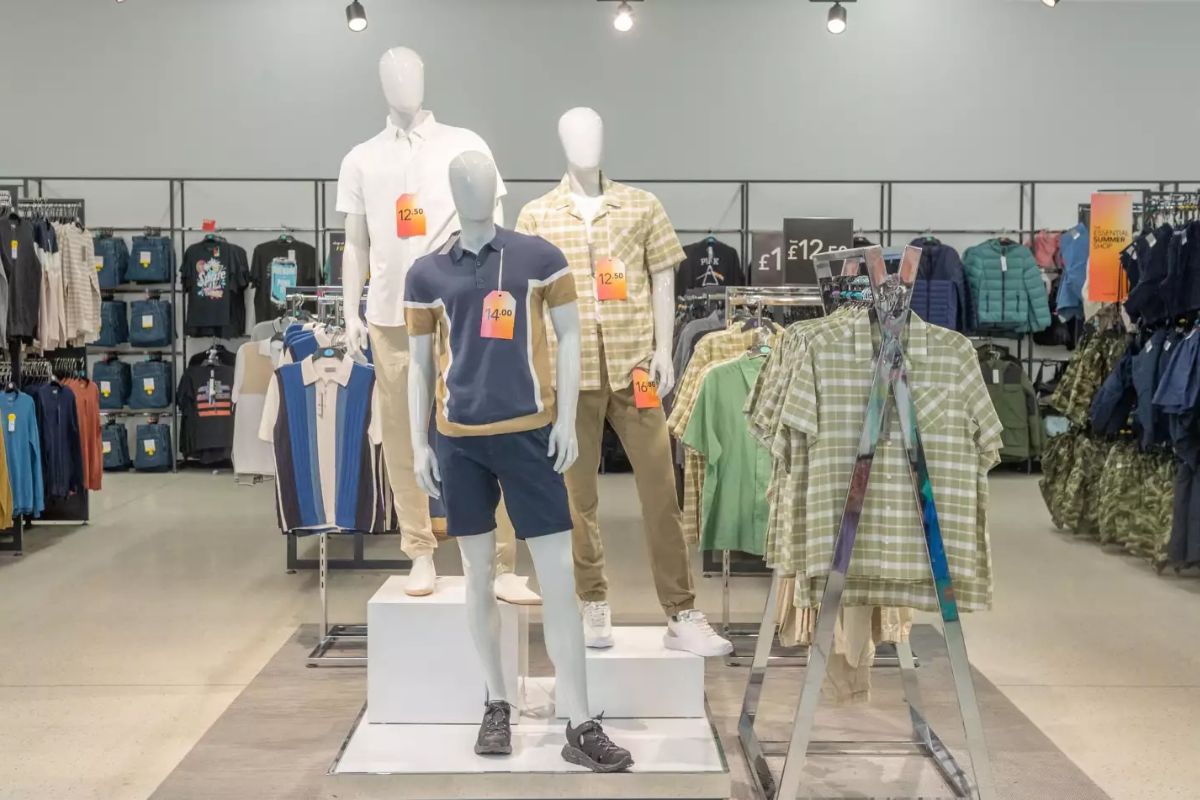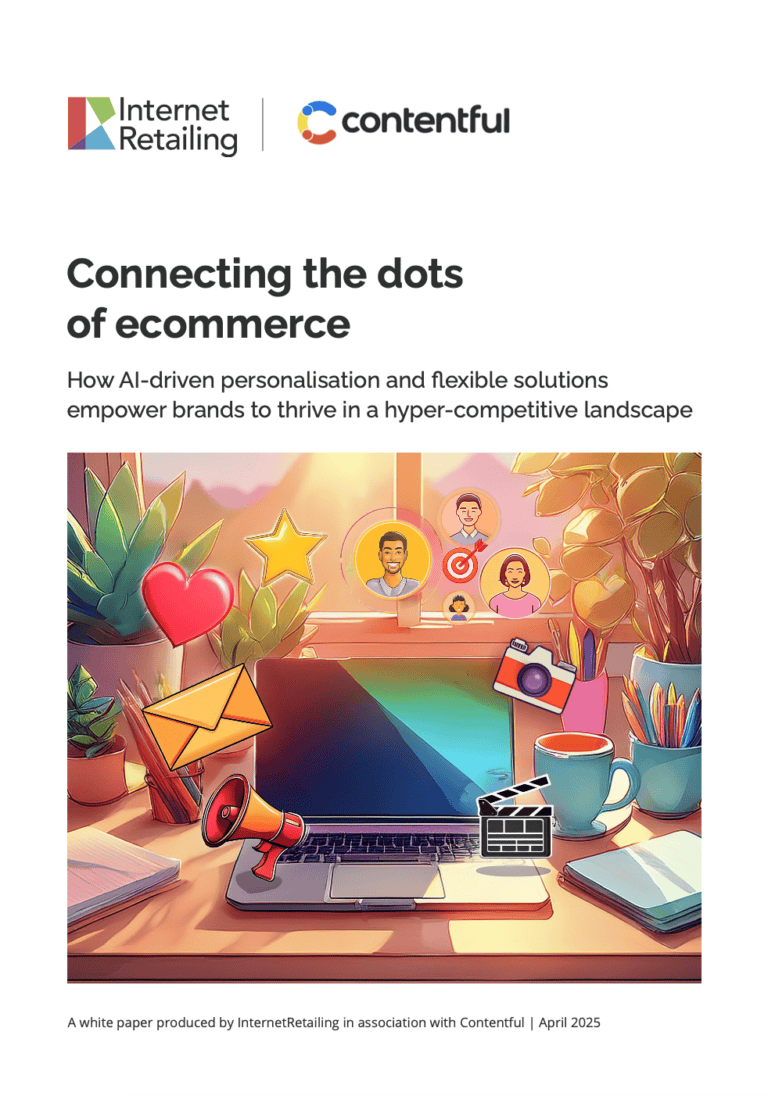As the cost-of-living crisis continues to grip UK consumers, many retailers and platform providers are looking to technology to help them make as many sales as possible.
Research out this week shows that retailers have lost on average 29% of their customers in 2023, with department stores worse it at 32% – and the problem is only predicted to get worse.
But does technology really hold the key – or are retailers simply not servicing their customers in the way they now wish to be served? Ecommerce is clearly where consumers are turning in these straightened times, with online transactions set to hit $5trn this year globally, rising as high as $8trn by 2027.
Much of this is now being done on smartphones. According to data, consumers have changed again how they shop, with many more now looking to apps to help manage their lives more effectively and efficiently. This encompasses everything from looking for an Uber to finding the best deals and discounts on the items that they want to buy.
Tapping into this mobile-first efficiency drive holds the key to unlocking the spend needed by retailers to get them through this turbulent time. And the tech that sits behind that has also evolved rapidly.
It will come as no surprise to anyone that the tech du jour that is seen as the magic bullet to helping retailers hit the sweet spot is AI.
Platform maker Shopify is looking to leverage the power of machine brains to help retailers, as its director of EMEA, Deanna Evans, says: “When you have humans working alongside AI, the productivity levels are going to be something we have never seen before.”
And she’s not wrong. Already the platform has used AI-powered assistants to help Gymshark, Decathalon and Fashionnova and, last month, the platform introduced Shopify Magic, a feature for generating product descriptions with AI, in a bid to save vendors significant time and help to allow customers to find the products they are searching for.
This is something we reported on last time with eBay using a ChatGPT-style generative AI to help posters write product descriptions. Now Amazon has joined the fray, rolling out ChatGPT-style platform to enhance search on the marketplace through making it more like an interactive conversation. This, coupled with the marketplace’s drive to make it easier to find small businesses and artisans through a small business search filter, is great news for smaller retailers looking to exploit both advances in tech and to find ways to increase sales in these tough times.
Retailers themselves are also looking at how to leverage the power of this and other tech, with many more setting up their own research divisions to find not only the products users want, but also how to sell them to them.
One of the latest to do so is SportsShoes.com, which has opened its own £2.5m research hub in Bradford, where its marketing and digital teams will work on how to deploy tech and create the user experience that is now essential in modern ecommerce.










